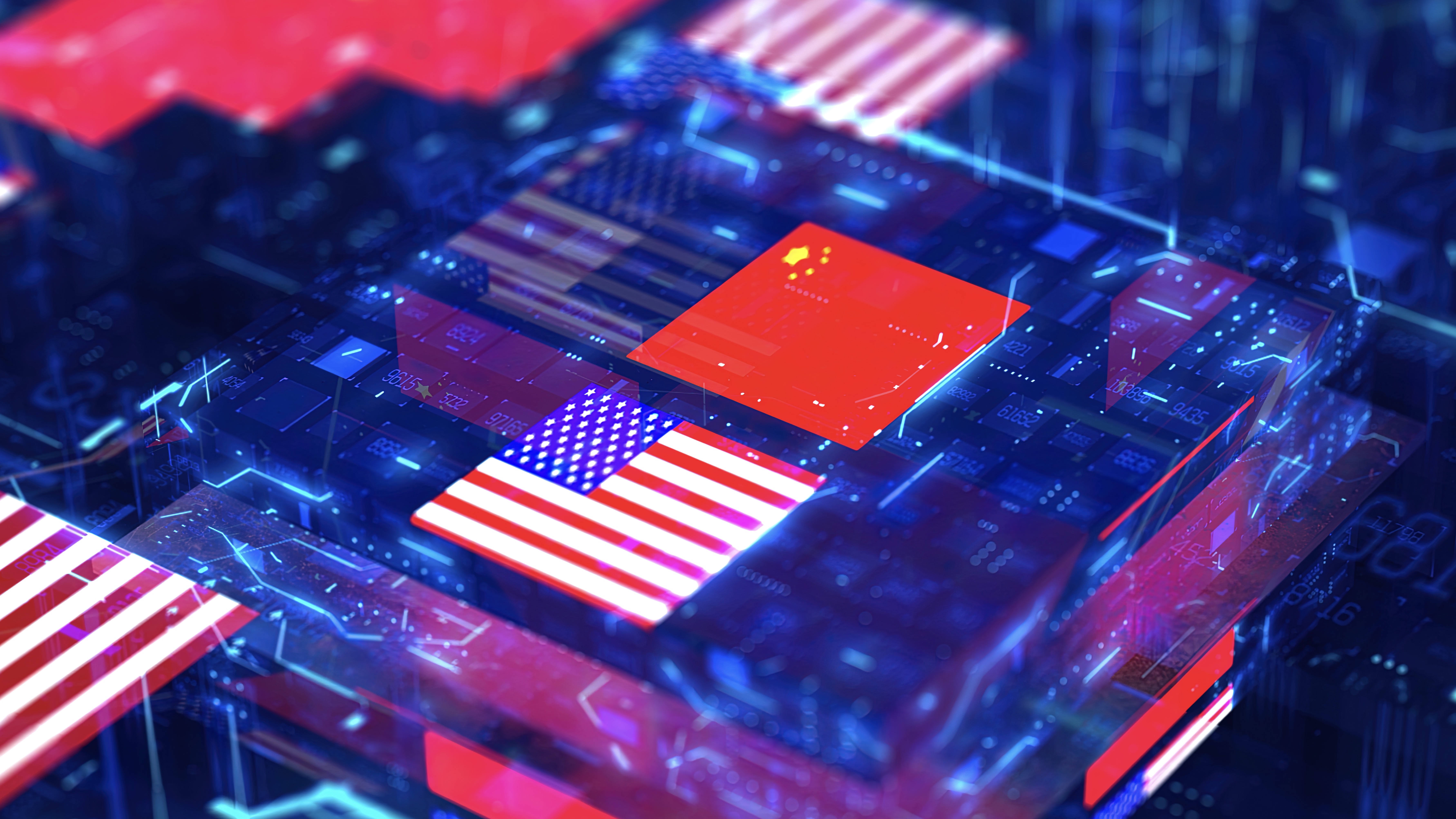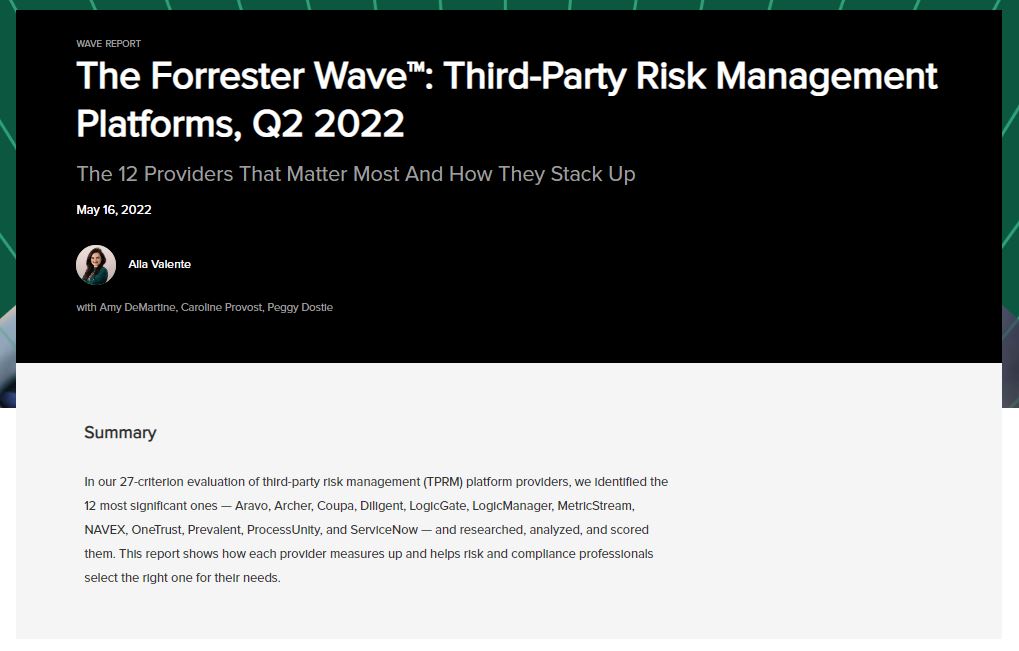Technology: out of stock
Inside the enterprise: Manufacturers are only now starting to feel the impact of the Thai floods and Japanese earthquakes. IT costs could rise as a result.

For a few years now, large manufacturers and some of the more forward-thinking consultants have been modelling risk in the global supply chain.
Largely, they have done this quietly, behind closed doors. No-one wants to frighten customers, or spook the markets into cutting the share price. But concerns over the fragility of supplies, and some hi-tech components in particular, are very real.
Most large vendors tend to have defined contracts with only a few key suppliers. If one of these suppliers is knocked out of action, by a natural disaster for instance, then the vendor's supply chain is often impeded, if not totally crippled.
Just how real is demonstrated by Intel's recent forecasts. The Japanese earthquake and more recently, the floods in Thailand, have hit supplies of critical parts. Although manufacturers always hold some inventory, shortages are now becoming a real problem.
The problem may well have hit manufacturers sooner, were it not for sluggish demand due to the wider economic climate. But low demand has done little more than delay the problem; it has not solved it.
Almost all hi-tech industries have been affected to a greater or lesser extent. Camera manufacturers are short of glass for lenses, and even TV and film production companies have run short of a particular type of videotape. Both products are mostly sourced from Japan. But the longer-lasting impact may well be on the IT industry.
Consolidation among manufacturers has led to some extreme concentrations of hardware and components in just a handful of factories, often in the same small area. Most of the world's hard drives are now made in Thailand, in the area hit by the floods. This has prompted Insight, a distributor, to warn that drives could be in short supply over the next few months, and that prices could rise.
Get the ITPro daily newsletter
Sign up today and you will receive a free copy of our Future Focus 2025 report - the leading guidance on AI, cybersecurity and other IT challenges as per 700+ senior executives
If they continue, shortages of drives, memory and other parts will surely push up the cost of servers and PCs. Computer and IT equipment makers work on narrow margins and cannot absorb component price rises for long
This could lead to a short-term spike in equipment costs, so IT directors may want to secure important upgrades now - or look at alternatives to outright hardware purchases, such as using the cloud.
But in the longer term, it is possible that increasingly fragile supply chains might prompt a rethink in the way manufacturers source materials and key parts. Using multiple suppliers, or suppliers close to home, will help.
Even better use of supply chain planning tools can only go so far to help, suggests Antony Bourne, global industry director at IFS, an ERP software company.
"Most large vendors tend to have defined contracts with only a few key suppliers. If one of these suppliers is knocked out of action, by a natural disaster for instance, then the vendor's supply chain is often impeded, if not totally crippled," he says.
Providing an alternative source of parts could be good news for manufacturers in the US, and even the UK. But it could also mean an end to the days when we assumed the only way technology prices could go, was down.
Stephen Pritchard is contributing editor at IT Pro.
-
 Should AI PCs be part of your next hardware refresh?
Should AI PCs be part of your next hardware refresh?AI PCs are fast becoming a business staple and a surefire way to future-proof your business
By Bobby Hellard Published
-
 Westcon-Comstor and Vectra AI launch brace of new channel initiatives
Westcon-Comstor and Vectra AI launch brace of new channel initiativesNews Westcon-Comstor and Vectra AI have announced the launch of two new channel growth initiatives focused on the managed security service provider (MSSP) space and AWS Marketplace.
By Daniel Todd Published
-
 Why managing shareholders is key to innovation
Why managing shareholders is key to innovationIn-depth Seeking out investment for new technologies and seeing your ideas through requires continuous and measured trust-building
By Elliot Mulley-Goodbarne Published
-
 What the US-China chip war means for the tech industry
What the US-China chip war means for the tech industryIn-depth With China and the West at loggerheads over semiconductors, how will this conflict reshape the tech supply chain?
By James O'Malley Published
-
 IDC: The business value of IBM Maximo
IDC: The business value of IBM MaximoWhitepaper Integral to the transformation of asset management
By ITPro Published
-
 The Forrester Wave™: Third party risk management platforms
The Forrester Wave™: Third party risk management platformsWhitepaper The 12 providers that matter the most and how they stack up
By ITPro Published
-
 What tech investors can learn from three under-fire CEOs
What tech investors can learn from three under-fire CEOsAnalysis With clear lessons to learn from the high-profile cases of Autonomy, Theranos, and Wirecard, investors should tread carefully in future
By Rois Ni Thuama Published
-
 Apple to shift MacBook production to Vietnam in further step away from China
Apple to shift MacBook production to Vietnam in further step away from ChinaNews The plan has been reportedly been worked on for two years, with the tech giant already having a test production site in the country
By Zach Marzouk Published
-
 Food and beverage traceability
Food and beverage traceabilityWhitepaper Understanding food and beverage manufacturing compliance and traceability
By ITPro Published
-
 Ensuring compliance with the National Bioengineered Food Disclosure Standard (NBFDS)
Ensuring compliance with the National Bioengineered Food Disclosure Standard (NBFDS)Whitepaper How food manufacturers can enhance traceability with technology to be compliant
By ITPro Published